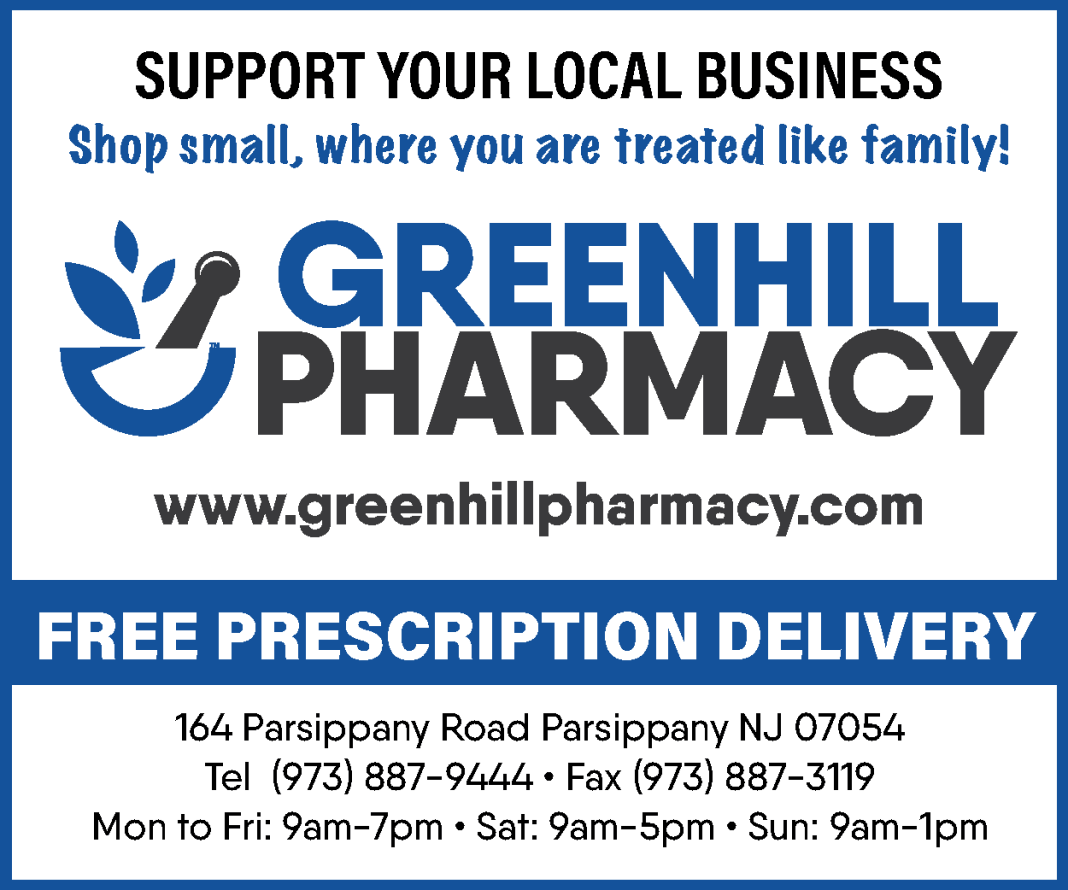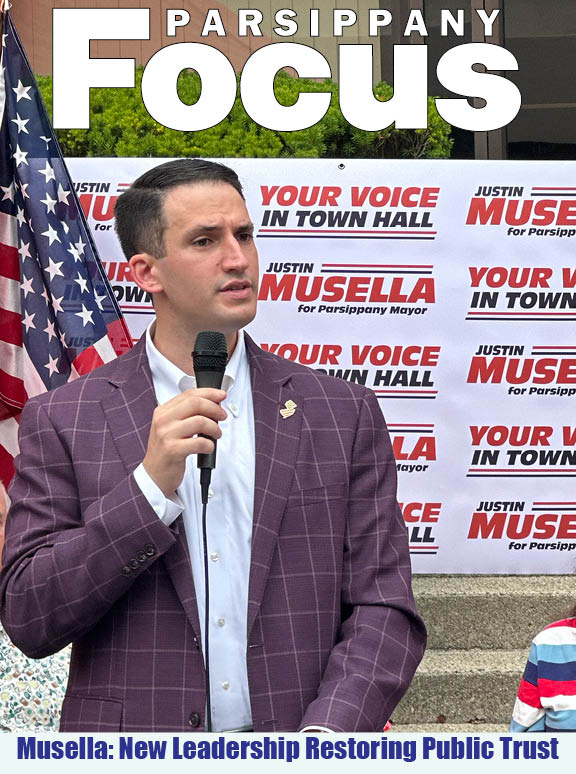NEW JERSEY — Three New Jersey industry leaders spoke with Assemblyman Brian Bergen Thursday about what is and isn’t working for restaurants during the coronavirus pandemic. The conversation took place through a Facebook Live event that streamed on the NJ Assembly GOP’s Facebook page.
Gov. Phil Murphy initially closed all New Jersey bars and restaurants for eat-in service on March 16 limiting service for takeout and delivery orders only. On June 15, he allowed restaurants to offer outdoor dining but rolled back plans for indoor dining at 25 percent in early July.
Here are some of the highlights of the discussion with Marilou Halvorsen, president of the New Jersey Restaurant and Hospitality Association; Mike Perro, director of operations of P.J Whelihan’s Restaurant Group; and Bob Wagner, managing partner of Ott’s Restaurant Group.
1. Roughly 80 percent of restaurant workers are still unemployed – even after outdoor dining.
Only 23 percent of the almost 300,000 restaurant workers laid off in March has returned to work following the opening of outdoor dining said Halverson. “So that is a huge number of people who are still unemployed and probably contributing to the unemployment numbers right now. And they don’t have the extra $600 still coming in.”
2. Curbside pickup almost bankrupted most in the industry.
“We were teetering; we were on the brink,” explained Perro. “Thank God, outdoor dining came along when it did or we probably wouldn’t be sitting here right now having this discussion.”
Wagner said that there were still dozens of restaurants in his area of Burlington County that operate only with curbside pickup. “I don’t know how they do it; I really don’t,” he said. “It’s sad.”
3. Bad weather complicates outdoor dining.
While everyone agreed that outdoor dining has been a lifesaver, operating in the weather-dependent outdoors presents new challenges for restaurant owners struggling to make ends meet.
Frequent thunderstorms over the last few weeks have made many owners give away as much as fifty percent of the meals prepared said Wagner. “So it’s a lose, lose again,” he said. “Because of the thunder and lightning, they can’t sit underneath a metal frame tent.”
Also detracting many customers, July was the hottest month on record in New Jersey in 125 years of record keeping. But worrying restaurants for the future is the upcoming colder weather in the fall or winter.
“I can’t imagine what is going to happen if we can’t have indoor dining over the fall and winter period,” said Perro. “It is going to a disaster for the industry.”
4. Unfriendly landlords prevent some restaurants from expanding outdoors.
Wagner said bad landlords are hurting many owners he knows. “Some of these people who are stuck with these landlords and these leases that won’t let them use parts of the parking lot call me up for help and I don’t know what to tell them,” he said, “And these stories are every day that you hear this stuff.”
5. Murphy’s reversal on indoor dining had a catastrophic effect on many restaurateurs.
“It was catastrophic,” explained Halverson. “They spent tens of thousands of dollars bringing in all their supplies, sanitizing their restaurants, training staff for new protocols and taking people off unemployment – it just created havoc for both employers and employees.”
She hopes that Murphy will sign a bill working its way through the legislature, sponsored by Assembly Republican Leader Jon Bramnick and Senate President Steve Sweeney, that would reimburse restaurants for money spent on food and supplies in the days before restaurants were supposed to be able to open for indoor dining.
6. Neighboring states have reopened indoors safely.
Halverson said that states, such as Connecticut, Rhode Island, Delaware, and Pennsylvania did not experience an uptick of cases after moving to indoor dining at 25 or 50 percent. “There is no science to say that restaurants are dangerous,” she said. “A majority of people know how to do it and do it safely. And that is real science.”
“There is a precision to how we operate our restaurants under these circumstances,” added Perro who also operates a restaurant in Horsham, Pennsylvania.
7. Restaurants have some of the toughest safety and cleaning protocols already in place.
Halverson said her industry has safety standards as high as in health care – and certainly higher than retail outlets. “One of the things we do better than really anybody is the cleanliness,” she said.
8. Governor Murphy has not met directly with industry experts to discuss options.
Halverson said that her organization talks with his staff on a regular basis but that numerous attempts to meet with the governor have not worked out.
“Maybe if he actually spoke with people like Mike and Bob and other people to really understand and walk him through what we do every day, he would be more comfortable,” said Halverson. “Unfortunately we were told that he would not meet with us.”
















